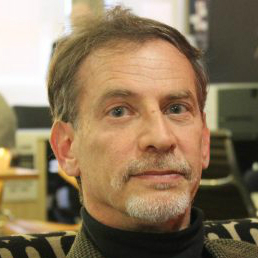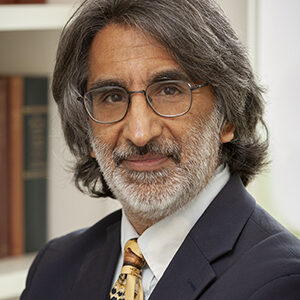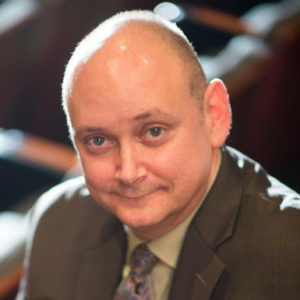The Words That Made Us
Revisit key constitutional questions through the lens of history and law.
July 5–8, 2022
Washington, D.C.
In this course, fellows will engage key texts that have helped shape the political idea – and political ideals – of America. Led by Professor Darren Staloff, fellows will reflect on the ideas of modern liberal democracy, exploring how the American system has sought to balance the deepest themes of ancient political thought against the imperatives of individual freedom, security, and economic progress that are so central to modern liberal thought. They will examine the relation of nature, reason, rights, and citizenship in forming the core of the American political ethos.
Image: Taken from Clifton M. Nichols’ Life of Abraham Lincoln, 1896, flickr.com.
Darren Staloff & Allen Guelzon on Lincoln
This course was part of our residential Political Studies Program. Fellows participate in morning seminars and meet prominent men and women in public life over afternoon and evening sessions.

Darren Staloff is a retired Professor of History from the City College of New York and the Graduate Center of CUNY. Professor Staloff has published numerous papers and reviews on the subject of early American history.

Darren Staloff is a retired Professor of History from the City College of New York and the Graduate Center of CUNY.
Professor Staloff has published numerous papers and reviews on the subject of early American history and is the author of The Making of an American Thinking Class: Intellectuals and Intelligentsia in Puritan Massachusetts (1998) and Hamilton, Adams, Jefferson: The Politics of Enlightenment and the American Founding (2005).
He has recorded dozens of audio and video tapes (nationally distributed) on U.S. and world history and major philosophers. He has received many fellowships, including The James Madison Program in American Ideals and Institutions at Princeton University as well as an NEH grant and a post-doctoral fellowship from the Omahundro Institute of Early American History and Culture. He earned his B.A. from Columbia College and his M.A., M.Phil., and Ph.D. from Columbia University.
No class; Independence Day.
Readings:
Discussion Questions:
Readings:
Discussion Questions:
Readings:
Discussion Questions:
Readings:
Discussion Questions:

Akhil Reed Amar
Akhil Reed Amar is Sterling Professor of Law and Political Science at Yale University, where he teaches constitutional law in both Yale College and Yale Law School. He is Yale’s only currently active professor to have won the University’s unofficial triple crown — the Sterling Chair for scholarship, the DeVane Medal for teaching, and the Lamar Award for alumni service. He hosts a weekly podcast, Amarica’s Constitution.

Adam J. White
Adam J. White is the Laurence H. Silberman Chair in Constitutional Governance and senior fellow at the American Enterprise Institute, where he focuses on the Supreme Court and the administrative state. Concurrently, he codirects the Antonin Scalia Law School’s C. Boyden Gray Center for the Study of the Administrative State.

Greg Weiner
Greg Weiner is President of Assumption University and founding director of the Daniel Patrick Moynihan Center for Scholarship and Statesmanship. He is the author of American Burke: The Uncommon Liberalism of Daniel Patrick Moynihan and Old Whigs: Burke, Lincoln and the Politics of Prudence.

Diana Schaub
Diana Schaub is a nonresident senior fellow at the American Enterprise Institute (AEI), where her work is focused on American political thought and history, particularly Abraham Lincoln, Frederick Douglass, African American political thought, Montesquieu, and the relevance of core American ideals to contemporary challenges and debates. Concurrently, she is Professor Emerita of Political Science at Loyola University Maryland, where she taught for almost three decades.

Thomas Merrill
Thomas Merrill is an associate professor in the School of Public Affairs at American University. He is the author of Hume and the Politics of Enlightenment. He is also the co-editor of three edited volumes, including The Political Thought of the Civil War.

Jenna Silber Storey
Jenna Silber Storey is a senior fellow in the Social, Cultural, and Constitutional Studies department at the American Enterprise Institute (AEI), and co-director of AEI’s Center for the Future of the American University. She is concurrently an SNF Agora Fellow at Johns Hopkins University, and a research fellow at the Civitas Institute at the University of Texas at Austin. She also serves on the executive committee of the Alliance for Civics in the Academy.